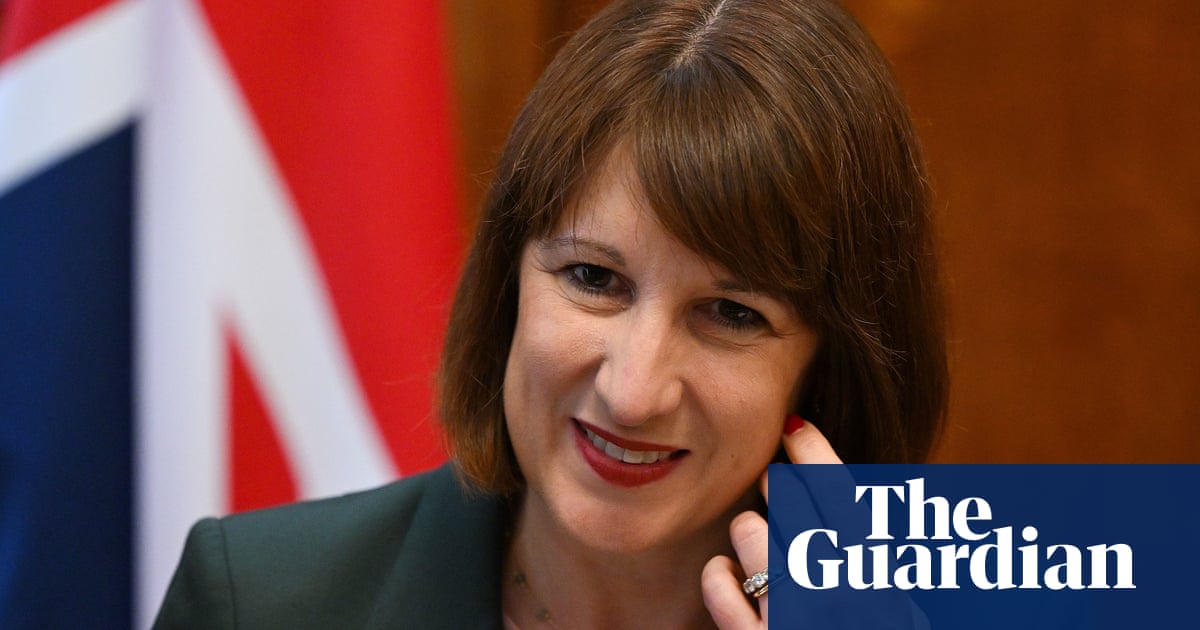
The UK economy returned to growth in May after a washout month in April when activity flatlined, resuming the recovery from last year’s recession.
Figures from the Office for National Statistics (ONS) show gross domestic product rose by 0.4% month on month, after recording zero growth in April when wet weather hit consumer spending.
In the first week since Labour’s election landslide, the chancellor, Rachel Reeves, has promised to reboot the economy by making it the new government’s “national mission” to secure the highest sustained growth in the G7.
Activity recovered in May at a stronger rate than anticipated by City economists, who predicted 0.2% growth.
Growth was widespread across all main sectors of the economy. The ONS said retailers had a good month, bouncing back from a weak April, while strength in housebuilding and infrastructure helped construction grow at the fastest rate in almost a year. Manufacturing also grew, led by the food and drink industry.
Over the three months to the end of May the economy grew by 0.9%, the fastest rate for more than two years.
Keir Starmer, who became the first Labour leader to win power from opposition since Tony Blair in 1997, has taken office as the economy recovers from a brief and shallow recession at the end of last year, when households cut back their spending amid the cost of living crisis.
Rishi Sunak had argued in the election campaign that the economy had “turned a corner” under the Conservatives. Growth returned in the first quarter of this year, with the economy expanding by 0.7%. However, growth flatlined in April, the first month of the second quarter, as wet weather deterred consumers from spending on the high street, while millions of households remain under pressure amid the cost of living crisis.
Inflation has returned to the government’s 2% target after a prolonged period of soaring price rises and a peak inflation rate of 11.1% in October 2022 – its highest level in 41 years.
As inflation comes down, the Bank of England is expected to start cutting interest rates, possibly as soon as next month, in a move that will provide relief and hope for households facing sharply higher mortgage costs.
However, markets predict the Bank’s next meeting in August is on a knife-edge, after comments by policymakers this week warning that persistent inflationary pressures could warrant a cautious approach.
Suren Thiru, the economics director at the Institute of Chartered Accountants in England and Wales, said: “These GDP figures may make an August rate cut less likely by providing those rate setters, who are concerned about underlying price pressures, with sufficient confidence about the UK’s economic recovery to continue putting off loosening policy.”
Reeves said the government had “taken the urgent action necessary to fix the foundations of our economy to rebuild Britain and make every part of Britain better off. A decade of national renewal has begun, and we are just getting started.”
after newsletter promotion
The latest figures show growth was led by a robust 0.3% month on month expansion in the service sector, which accounts for most the British economy, in a fifth consecutive month of recovery. This was driven by growth of 2.9% in the retail trade, after a fall of 1.8% in April.
The hospitality sector also bounced back after a washout April, mainly coming from hotels, and to a lesser extent restaurants and pubs. Breweries also had a positive month.
It comes after UK overall rainfall in April was 155% of the long-term average, while May was the warmest on record since records began in 1884.
Yael Selfin, the chief economist at KPMG UK, said while the near-term outlook for the economy had improved, there were still challenges for the government to address.
“The longer-term outlook for productivity in both the public and private sectors, key drivers of long-term growth prospects, remains weak. The announcement this week of supply side reforms by the new government is encouraging, but these policies, if successful, will take time to alter the long-term growth trajectory.”
Source: theguardian.com


















